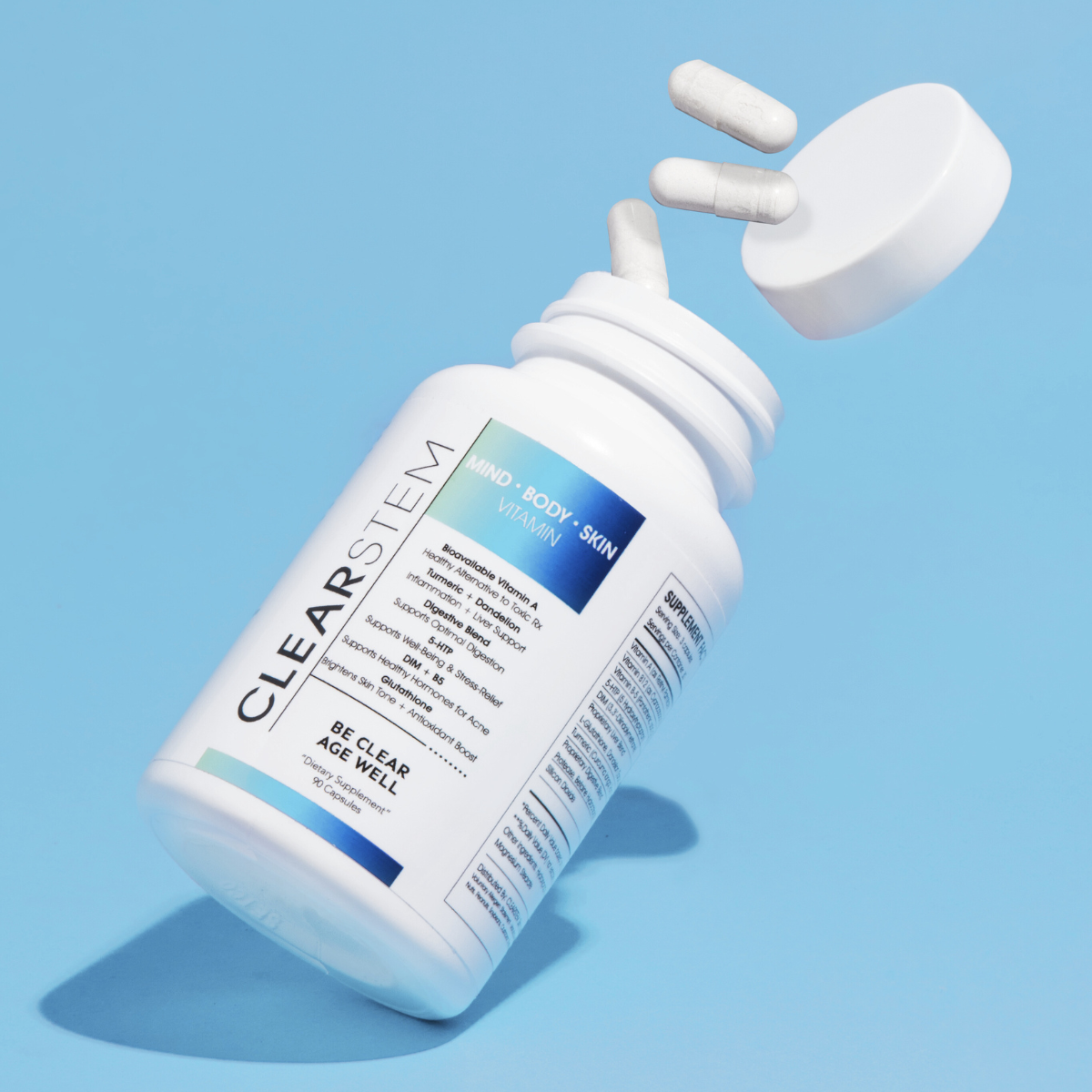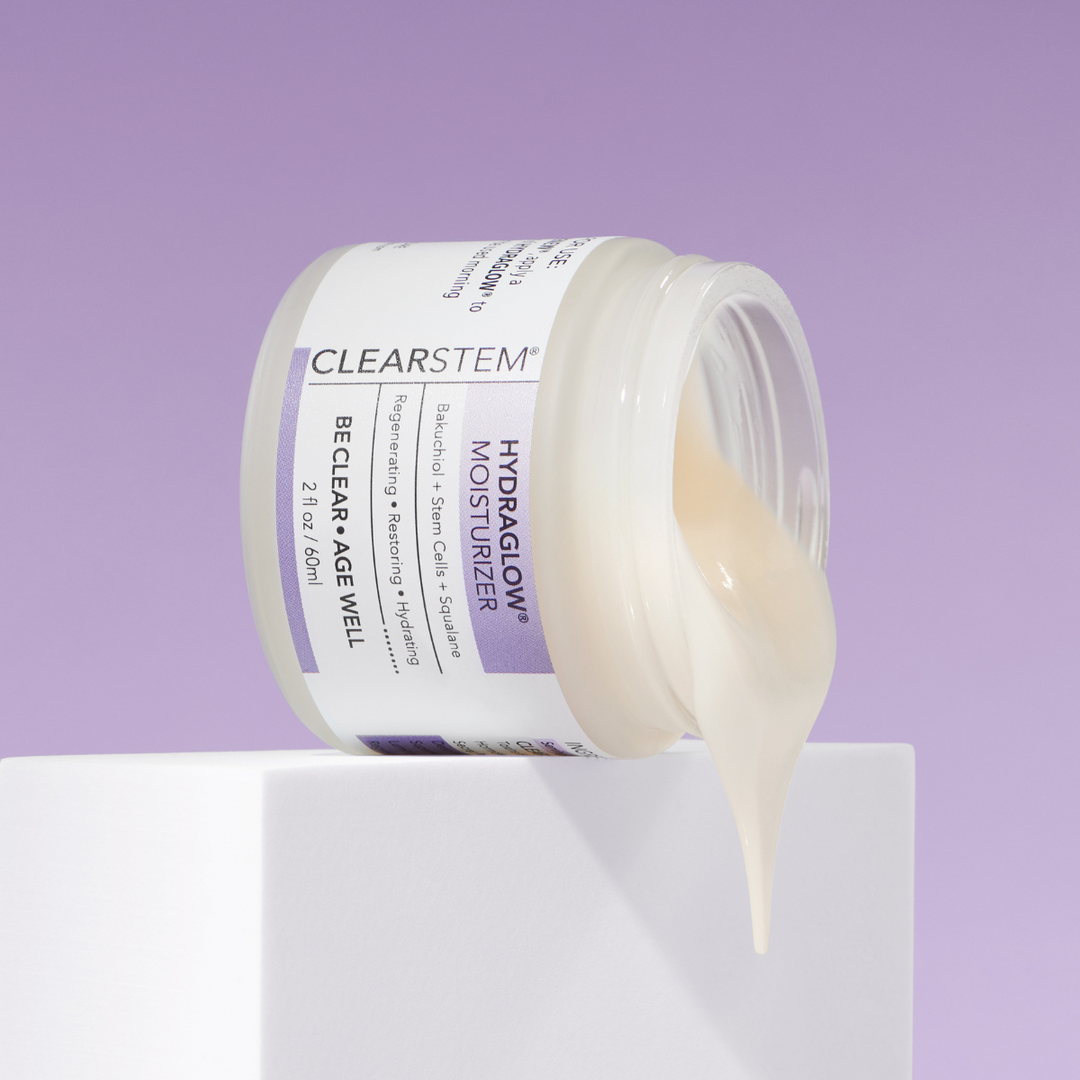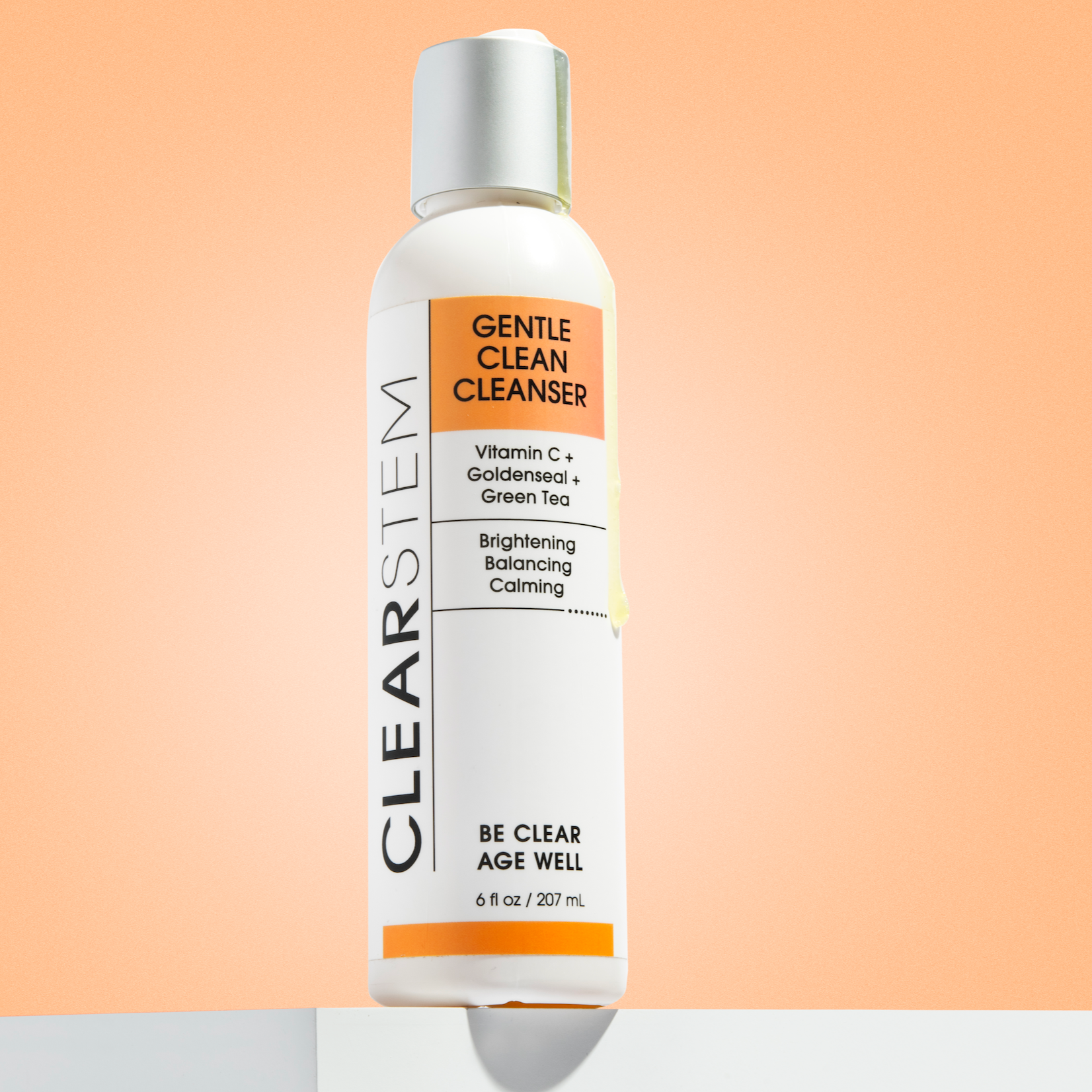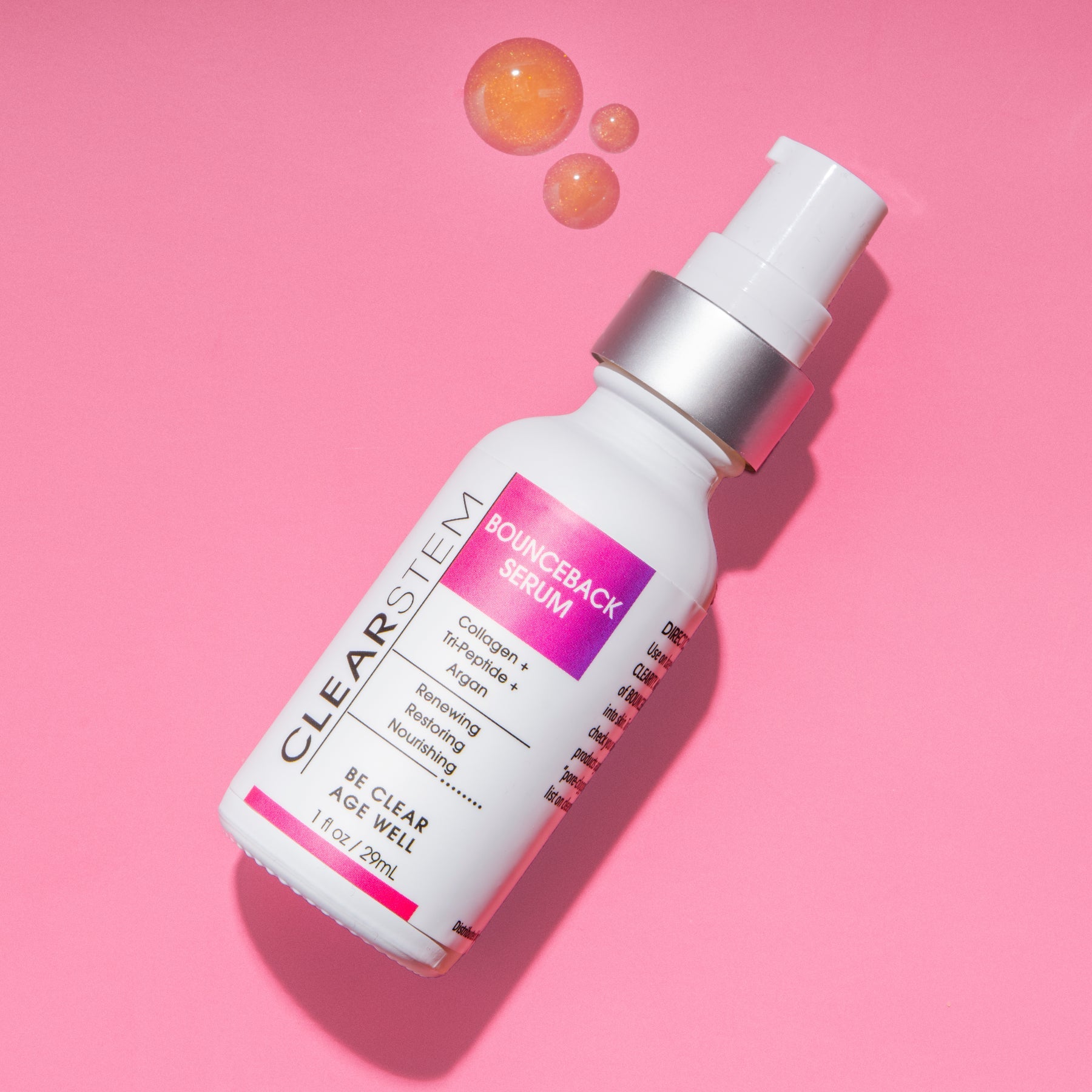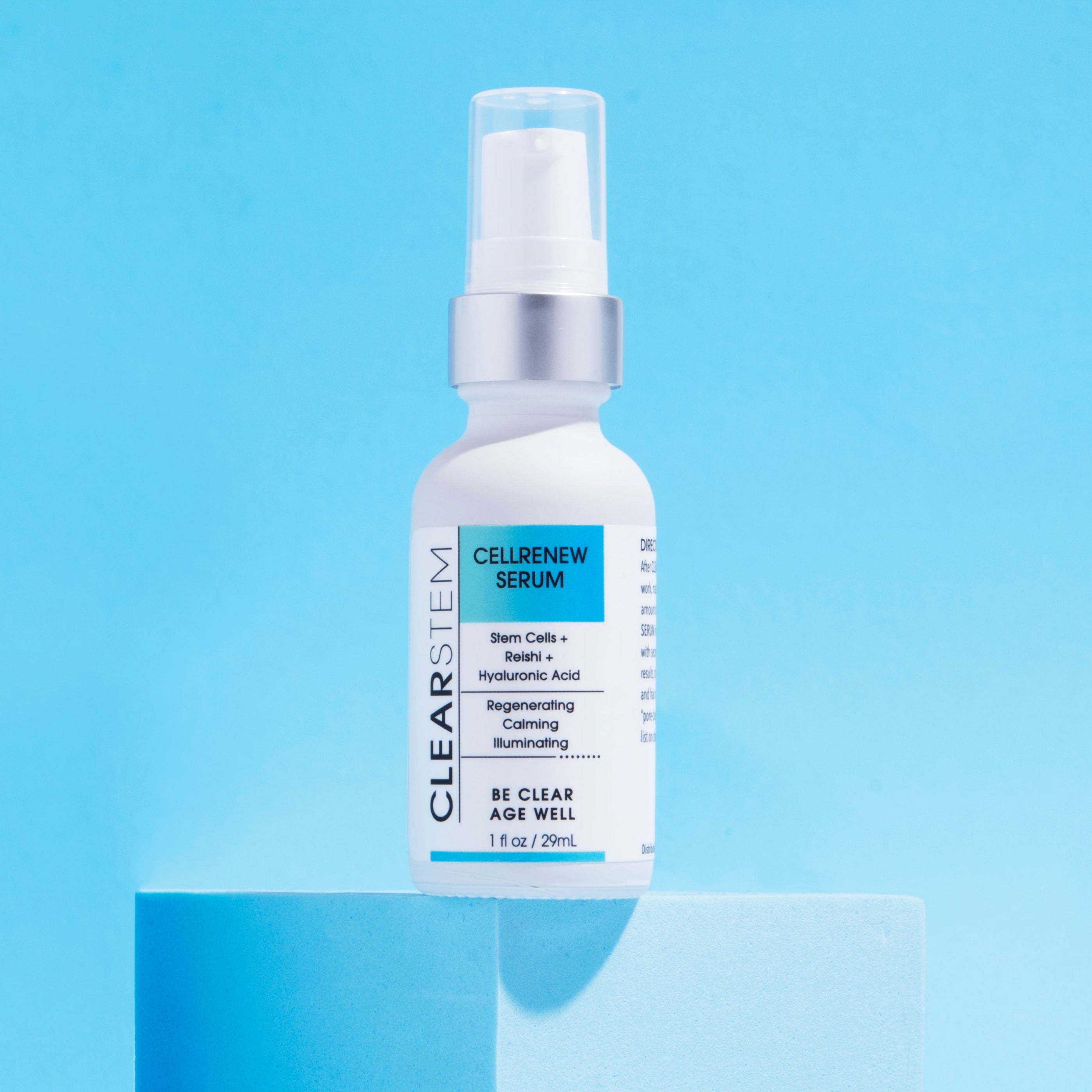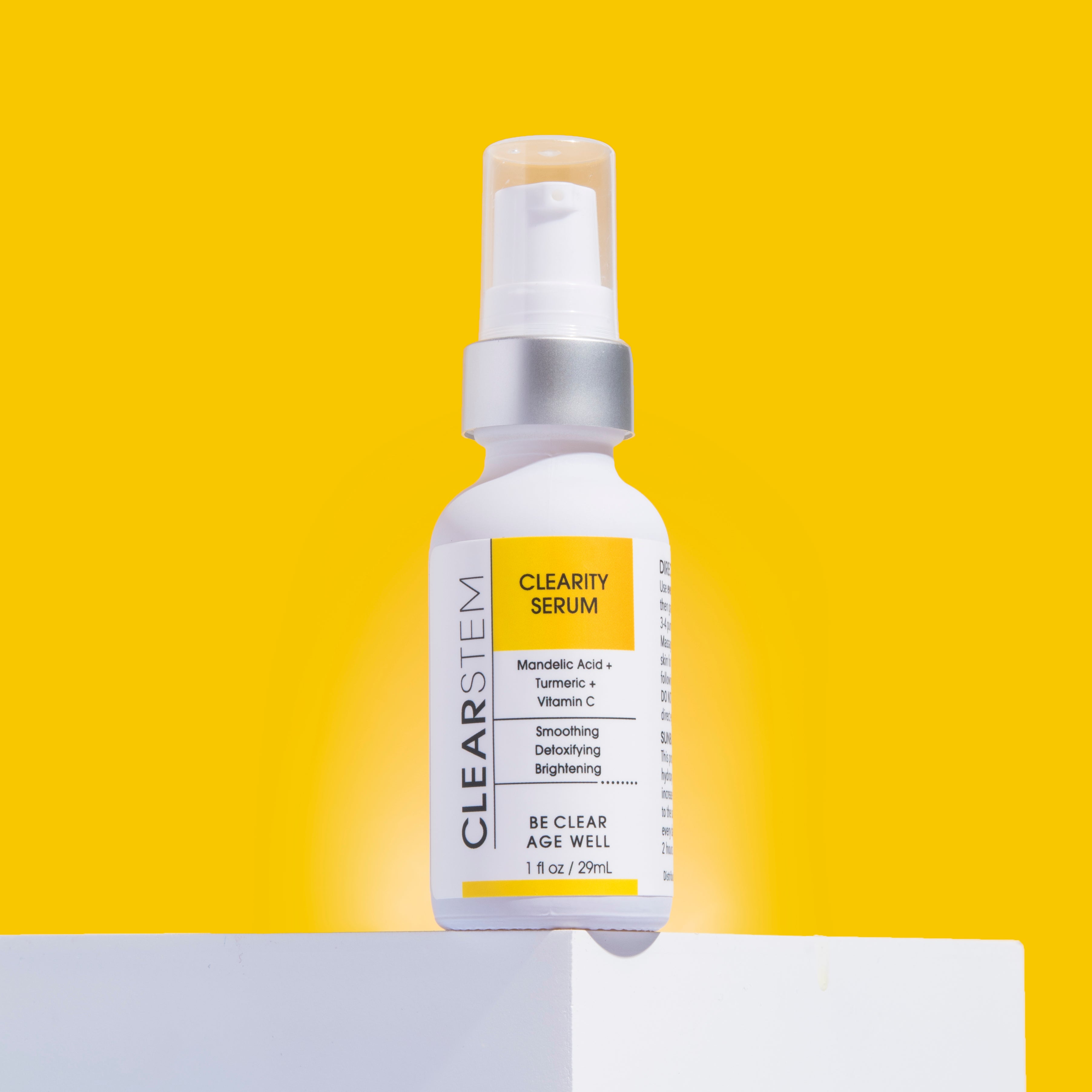When acne breakouts occur, most people start by overhauling their skincare regimen. But what if your skincare routine is dialed in, and you’re still dealing with blemishes? It may be time to look for less obvious culprits in your diet or overall health, such as an iron deficiency.
Can low iron cause acne? The answer isn’t a straightforward yes or no.
Researchers haven’t found a conclusive link between low iron and acne. However, iron is critical for circulation and collagen formation, and maintaining proper iron levels in your blood is vital for immune function. So how do you know if your iron levels could contribute to your acne? What symptoms indicate low iron, and how can you ensure your iron reserves are healthy? Read on as we explore the connection between iron and skin health, and how to maintain healthy levels of iron.
Iron Deficiency and Acne: Exploring the Connection
Iron deficiency is one of the most common nutrient deficiencies worldwide.1 In fact, some researchers believe it may be even more common than previously believed because symptoms of deficiency can appear when stores of iron are still above the current guidelines set by the World Health Organization.2
How do you know if you’re experiencing an iron deficiency? Here are some symptoms to watch out for3:
- Fatigue
- Weakness
- Dry skin and itching
- Unusually pale skin
- Chest pain or rapid heart rate
- Coldness in hands and feet
- Trouble breathing
- Feeling lightheaded or dizzy
If you experience these symptoms, talk to your healthcare provider to determine whether a functional lab test is appropriate. Keep in mind that excess iron can also contribute to health issues, so talk to your healthcare provider before adding dietary supplements into your daily routine.
The Role of Iron in Skin Health: Implications for Acne
If iron deficiency becomes severe, it can lead to iron deficiency anemia. But can anemia cause acne? While studies haven’t found a direct relationship between iron and acne, some theorize that low iron could lead to an increase in acne breakouts. One reason for this is that iron levels are closely connected to immune system function.
Your immune system doesn’t just keep you from coming down with the common cold—it also helps fight bacteria that can cause skin irritation, infections, and breakouts.4
Without enough iron in your body’s stores, your immune system is less prepared to keep all kinds of bacteria under control, including those that cause acne.
How Low Iron Levels Impact Acne Development
Does low iron cause acne? It’s a complicated question because both high and low iron have been linked to acne.
What scientists do know for certain is that stores of iron in the body are involved in many processes directly connected to skin health3:
- Oxygenation – Your body uses iron to produce hemoglobin, a substance that allows red blood cells to carry oxygen to your tissues, including the skin. Oxygen boosts circulation, which in turn helps keep skin cells.
- Collagen production – If you’re dedicated to skin health, you’re probably already familiar with collagen. It’s a protein that forms an essential part of the bonds between cells, keeping skin firm, smooth, and vibrant. Iron is a key part of the collagen-building process that your body needs to continuously perform to replenish collagen as it breaks down. If you have noticed you are beginning to develop loose skin and a loss of elasticity, our collagen stem cell serum is the perfect product to add to your skincare regimen.
- Immune function – Your immune system does important work in fighting acne-causing bacteria, and iron is directly connected to proper immune function. Low iron reserves can leave your body less able to fight infections, including those that contribute to skin blemishes and outbreaks.
Addressing Iron Deficiency to Improve Skin Clarity
If you suspect that low iron may be contributing to your acne, the first step is to talk to a dermatologist or other healthcare professional for guidance. A dermatologist can help solve acne problems and guide you toward the right acne treatment plan. Only a blood test can determine for certain if you have vitamin deficiency skin symptoms.
But if you want to take action at home, make sure you’re eating a well-balanced diet that includes plenty of iron-rich foods. Foods with high iron content include5:
- Dark leafy greens
- Beans and lentils
- Tofu
- Animal products such as red meat, poultry, and pork
- Fortified foods, including bread, cereal, and pasta
- Seeds and nuts, such as peanuts, walnuts, and sunflower seeds
You might also want to consider following an anti-acne diet as well so you can promote healthy skin and nourish your body from the inside out.
Holistic Solutions: Balancing Iron Levels for Acne Management
Although iron is a building block for good health, it’s also possible to have too much of a good thing. Some researchers have found that excess iron can contribute to bacterial growth on the skin, so it’s important to achieve a healthy balance of iron levels for optimal skin health.6 Excess iron is linked to other health problems as well, including inflammation and premature aging due to oxidative stress.7
It’s essential to keep your iron levels at a healthy balance—not too high or too low.
Eating a nutritious diet with plenty of variety is a safe, gentle way to help your body get what it needs without excessive iron supplementation. Vitamin C can enhance iron absorption, so it’s also a good idea to include plenty of fresh fruits, vegetables, and iron-rich foods.
Healthy Skin Starts With CLEARSTEM
More research is needed to understand the relationship between iron levels and acne fully. However, we know that a balanced diet and supplements, if necessary, are an important part of skin health. Iron is a part of everything from oxygenating tissues to replenishing collagen to supporting immune function—all vital ingredients in the recipe for healthy skin.
At CLEARSTEM, we believe in holistic solutions for skincare issues. Our non-comedogenic skincare products are designed with this philosophy in mind—targeting the causes of both acne and aging, inside and out.
With CLEARSTEM, you can shop from a full range of skincare solutions without worrying about irritants, toxins, or pore-clogging ingredients. If you’re ready to take control of your skin and fight blemishes and aging simultaneously, let CLEARSTEM show you the way to toxin-free skincare that works.
Sources:
- Food and Nutrition Bulletin. Iron deficiency: global prevalence and consequences. https://pubmed.ncbi.nlm.nih.gov/17016951/
- Lancet Hematology. Physiologically based serum ferritin thresholds for iron deficiency in children and non-pregnant women: a US National Health and Nutrition Examination Surveys (NHANES) serial cross-sectional study. https://www.ncbi.nlm.nih.gov/pmc/articles/PMC8948503/
- Mayo Clinic. Iron deficiency anemia. https://www.mayoclinic.org/diseases-conditions/iron-deficiency-anemia/symptoms-causes/syc-20355034
- Archivum Immunologiae et Therapiae Experimentalis. Iron and immunity: Immunological consequences of iron deficiency and overload. https://www.ncbi.nlm.nih.gov/pmc/articles/PMC3173740/
- Dietary Guidelines. Food sources of iron. https://www.dietaryguidelines.gov/resources/2020-2025-dietary-guidelines-online-materials/food-sources-select-nutrients/food-1
- PLoS Medicine. Associations of genetically determined iron status across the phenome: A mendelian randomization study. https://journals.plos.org/plosmedicine/article?id=10.1371/journal.pmed.1002833
- Current Aging Science. Iron and iron chelators: a review on potential effects on skin aging. https://pubmed.ncbi.nlm.nih.gov/23866012/

